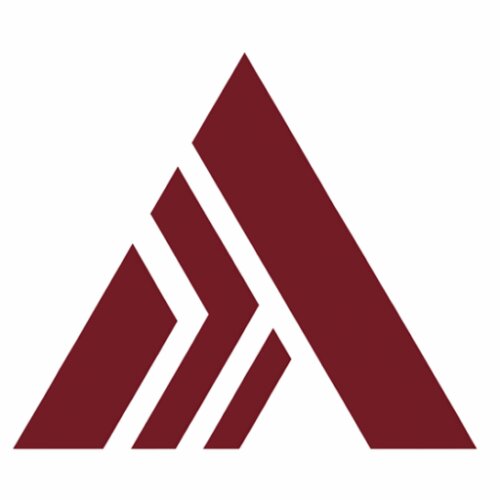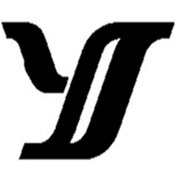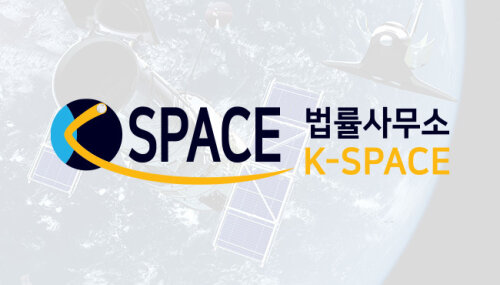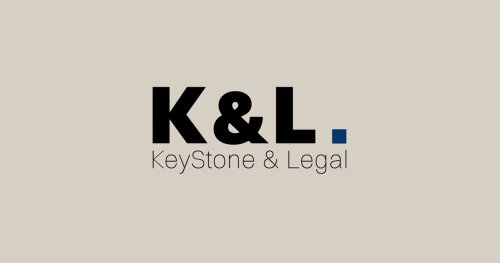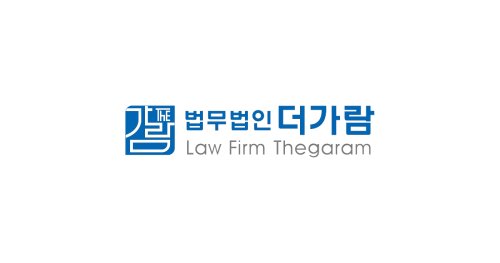Best Communications & Media Law Lawyers in Seoul
Share your needs with us, get contacted by law firms.
Free. Takes 2 min.
List of the best lawyers in Seoul, South Korea
About Communications & Media Law in Seoul, South Korea:
Communications & Media Law in Seoul, South Korea governs the regulations and guidelines related to media content, broadcasting, telecommunications, internet usage, and privacy rights. These laws aim to protect the interests of individuals, companies, and the public in the digital age.
Why You May Need a Lawyer:
You may need a lawyer specializing in Communications & Media Law in Seoul, South Korea if you are facing issues such as defamation, copyright infringement, privacy violations, media licensing, content distribution, or disputes with regulatory authorities. A lawyer can help protect your rights, provide legal advice, and represent you in court if necessary.
Local Laws Overview:
In Seoul, South Korea, Communications & Media Law is governed by the Communication standards Commission, the Korea Communications Commission, and the Korean Copyright Commission. These bodies oversee broadcasting regulations, internet censorship, content classification, licensing requirements, and intellectual property rights protection. It is essential to comply with these laws to avoid legal consequences.
Frequently Asked Questions:
Q: What is considered defamation in Seoul, South Korea?
A: Defamation is the act of making false statements that harm someone's reputation. It can be punishable by law if proven to be malicious or damaging.
Q: Can I use copyrighted material in my media content without permission?
A: Using copyrighted material without permission can lead to copyright infringement. It is important to obtain the necessary licenses or permissions to avoid legal issues.
Q: How can I protect my privacy rights online?
A: You can protect your privacy rights online by being cautious about sharing personal information, using strong passwords, and being aware of privacy settings on social media platforms.
Q: What are the key regulations for broadcasting media in Seoul, South Korea?
A: Broadcasting media in Seoul, South Korea is regulated by the Korea Communications Commission, which oversees licensing, content standards, advertising rules, and ethical guidelines for broadcasters.
Q: What should I do if my content is censored online?
A: If your content is censored online, you can seek legal advice to understand your rights and options for challenging the censorship through appeal processes or legal action.
Q: How can I resolve a dispute with a regulatory authority in the media industry?
A: You can resolve a dispute with a regulatory authority by following the established procedures for complaints, appeals, or negotiations. Legal representation may be necessary to navigate complex regulatory frameworks.
Q: What are the penalties for violating Communications & Media Laws in Seoul, South Korea?
A: Penalties for violating Communications & Media Laws in Seoul, South Korea can include fines, license revocation, injunctions, criminal charges, and civil lawsuits. It is crucial to adhere to legal requirements to avoid penalties.
Q: Can I be held liable for content posted by users on my website or social media platform?
A: As a website or social media platform owner, you may be held liable for user-generated content if you fail to moderate or remove illegal or harmful content. It is advisable to have clear terms of service and moderation policies in place.
Q: How can I protect my intellectual property rights as a content creator?
A: You can protect your intellectual property rights by registering copyrights, trademarks, or patents for your creative works. In case of infringement, you can seek legal remedies to enforce your rights and seek compensation for damages.
Q: What rights do individuals have regarding access to information in the media?
A: Individuals have the right to access information in the media under the principles of freedom of expression and transparency. However, there are limitations to this right to protect national security, public order, and privacy interests.
Additional Resources:
For more information on Communications & Media Law in Seoul, South Korea, you can contact the Korea Communications Commission, the Ministry of Culture, Sports, and Tourism, or seek assistance from legal professionals specializing in this field.
Next Steps:
If you require legal assistance in Communications & Media Law in Seoul, South Korea, it is advisable to consult with a specialized lawyer who can assess your situation, provide legal advice, and represent your interests in case of disputes or legal proceedings. Be proactive in seeking legal guidance to protect your rights and navigate the complex regulations governing the media industry.
Lawzana helps you find the best lawyers and law firms in Seoul through a curated and pre-screened list of qualified legal professionals. Our platform offers rankings and detailed profiles of attorneys and law firms, allowing you to compare based on practice areas, including Communications & Media Law, experience, and client feedback.
Each profile includes a description of the firm's areas of practice, client reviews, team members and partners, year of establishment, spoken languages, office locations, contact information, social media presence, and any published articles or resources. Most firms on our platform speak English and are experienced in both local and international legal matters.
Get a quote from top-rated law firms in Seoul, South Korea — quickly, securely, and without unnecessary hassle.
Disclaimer:
The information provided on this page is for general informational purposes only and does not constitute legal advice. While we strive to ensure the accuracy and relevance of the content, legal information may change over time, and interpretations of the law can vary. You should always consult with a qualified legal professional for advice specific to your situation.
We disclaim all liability for actions taken or not taken based on the content of this page. If you believe any information is incorrect or outdated, please contact us, and we will review and update it where appropriate.




